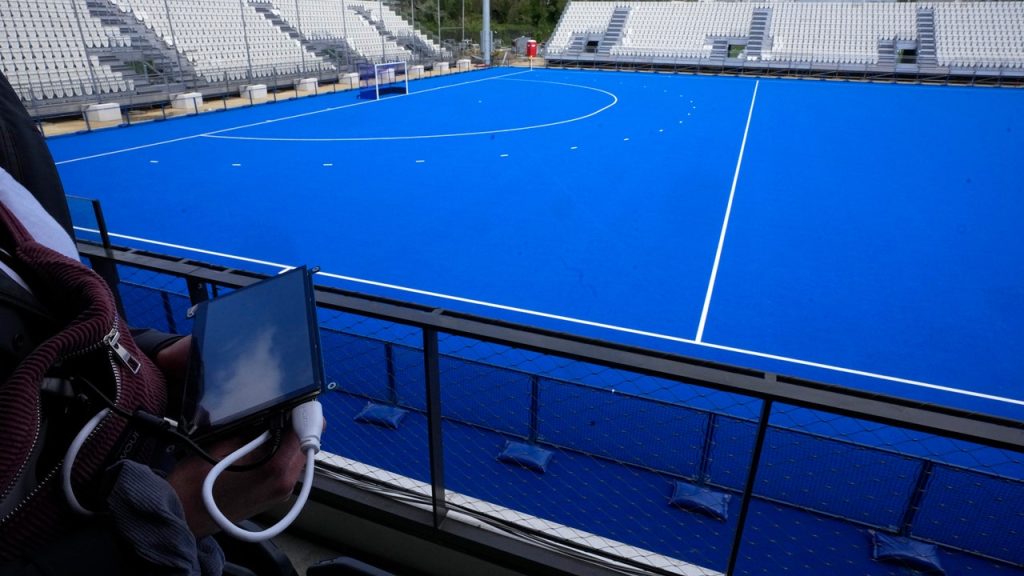Akin to Olympic athletes, cyberwarriors training for the Paris Games are working closely with friendly hackers to test and improve their cyberdefenses. They are analyzing the tactics and weaknesses of potential cyber adversaries, ranging from teenage hackers to Russian military operatives known for malicious cyberattacks. The cyber engineers behind the Games hope to avoid the spotlight by ensuring that their digital defenses are strong enough to withstand any attempts to disrupt the Games. Their goal is to get through the Olympics without any major incidents, indicating that their cybersecurity measures have been successful.
The cybersecurity team at the Paris Games organizers’ cybersecurity hub aims to prevent cyberattacks during the Olympics and Paralympics. While details about their work are kept confidential, they are preparing for potential threats from cybercriminals, hacktivists, cyberextortionists, and state-sponsored actors such as Russia. The targets of these cyber threats are not limited to the Games themselves but also extend to essential infrastructure like transport networks and supply chains. With the ongoing war in Ukraine, Russia is barred from participating in team events at the Paris Games, making it a key suspect for potential cyberattacks against France and the International Olympic Committee.
Vincent Strubel, head of France’s national cybersecurity agency, ANSSI, described the cyberthreats facing the Games as unprecedented. He acknowledged that cyberattacks are likely to occur during the Games and Paralympics, with varying levels of severity. While Russia is identified as one of the primary actors attacking France, Strubel emphasized the need to prepare for all possible scenarios. Paris’ cybersecurity teams are working diligently to stay a step ahead of potential attackers, drawing from past experiences such as the disruptive cyberattacks during the 2018 Winter Games in Pyeongchang.
A unit of Russia’s GRU military intelligence agency known as Sandworm, infamous for disruptive cyber operations in the past, is a significant concern for cybersecurity experts preparing for the Paris Games. The unit has been linked to attacks using malware like “Olympic Destroyer” and the 2017 NotPetya virus, causing substantial damage globally. While Outpost24, a cybersecurity firm, commended Paris’ cybersecurity preparations, gaps in the online infrastructure were identified. The firm warned that cybercriminals may exploit the increased online activity around the Paris 2024 games, emphasizing the need for robust cybersecurity measures to safeguard the event.
As the Paris Games approach, cybersecurity experts are focused on ensuring that the event is protected from cyber threats. By collaborating with friendly hackers, analyzing potential risks, and learning from past cyber incidents, the cybersecurity teams are working tirelessly to safeguard the Games. With the ongoing conflict between Russia and Ukraine adding a geopolitical dimension to the cyber threat landscape, security measures have been heightened to thwart potential attacks. While cyberattacks are expected during the Games, the cybersecurity teams are confident in their ability to mitigate risks and protect the integrity of the event.


